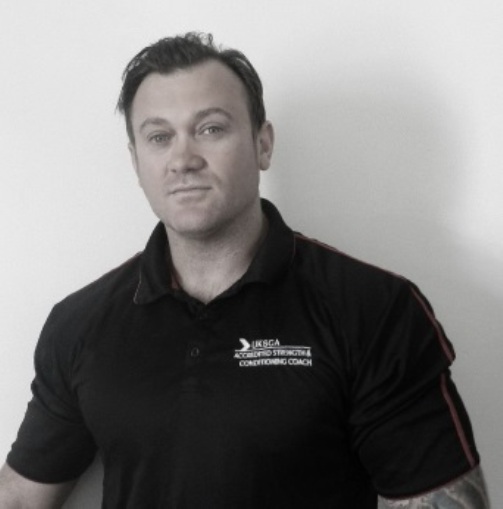An Interview With Mars Lord – Inclusivity Within The Western Babywearing World
On Saturday 1st June my daughter and I attended The Wrap Show for the first time, a Babywearing exhibition that also had CPD courses as well as talks to attend. I purchased my ticket mainly to listen to Mars Lord talk about inclusivity within the western babywearing world, as well to finally meet the people behind the brands I had previously collaborated with (Didymos, Integra and It’s A Sling Thing).
The talk itself was powerful, deep, raw and to the point. I found myself nodding along while holding back tears as Mars addressed some uncomfortable truths to those in the room.
Appropriation was called out as well as the lack of black and brown representation within the brochures and flyers of most of those that exhibited at The Wrap Show.
As a WOC and a huuuuuge Babywearing advocate myself to Son Eco 3.3 years and Fleur who was 3 days shy of turning 1 at the time, I was very fortunate to speak with Mars after her talk to discuss these issues in more detail *interview begins below written in monologue style*.
DANI:
So I’m here at The Wrap Show 2019 and I have just listened to Mars Lords’ super powerful talk on inclusivity within the western babywearing world.
I am just about to ask Mars a few questions as part of this unplanned interview for my blog.
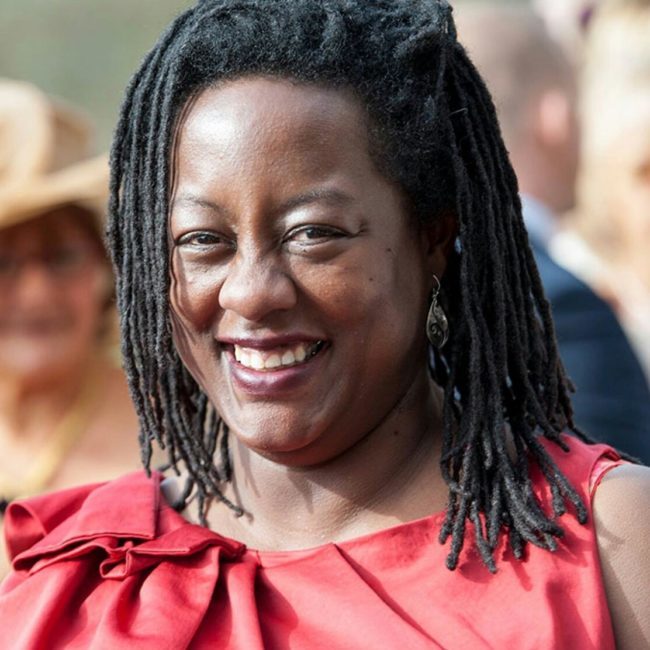
Mars, would you like to quickly introduce yourself for those that might not necessarily know who you are, what you do and your credentials?
MARS:
So my name is Mars (like the planet) Lord. I am a birth doula and doula educator both birth and postnatal. I am also a birth activist who is obsessed with colouring in the landscape of birth in all of its areas.
DANI:
Thank you so much for that Mars. So just to debrief you all, this lady just gave a wonderful talk on the subject of inclusivity and the lack of representation of black and brown women within the western Babywearing world.
Of all the exhibitors here today, only one Babywearing brand (Bebe Sachi) had brochers and flyers showing people and children of colour.
Everyone else’s flyers had Eastern European white women of slim build, thus lacking inclusion of POC (Didymos and Tula have POC models on their website).
So Mars, the first question I would like to ask is how long have you been wearing your own children?
MARS:
My eldest Son is 26. I bought a carrier and carried him and carried my three singleton children but didn’t know that it was possible to carry twins.
I’ve recently discovered that you can tandem wear children and so I’m currently grieving the fact that my twins didn’t get to be worn by me and carried by me, but yes, 26 years overall.
DANI:
Amazing. During your talk you addressed the fact that in Western society, Babywearing has been appropriated to be something white middle class people do when in fact, WOC, in particular those within the African and Asian communities have been carrying their children using any piece of cloth or fabric for centuries.
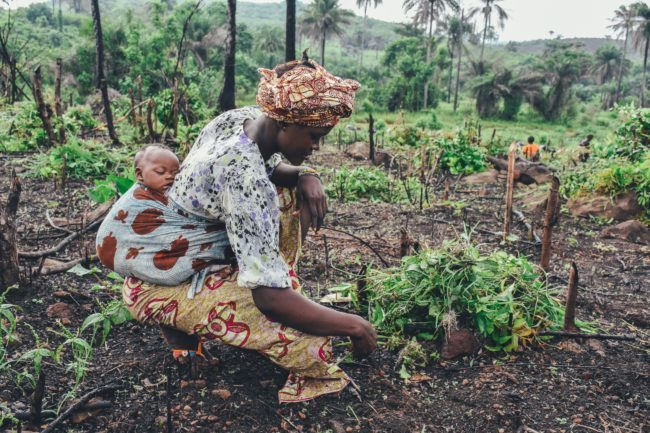
What do you think we can do as black and brown women who want to wear their babies or to teach fellow mothers and caregivers how to wear when there is a lack of representation of POC at sling libraries, on brands websites and events such as these?
Not to mention the restrictions of the financial commitment that comes with taking a qualified babywearing consultancy course etc.
MARS:
What we need to do is we need to reclaim our ancestry. We all have aunts and grandmothers and friends and community people who have always worn and carried their babies.
So we need to put on some humility, and we need to sit at their feet. And we need to learn.
We need to reclaim our ancestral skills because we’ve always wrapped and worn our babies. We do not NEED to train in white ways (constantly courses etc) to teach black women.
We need to train in black ways, ancestral ways, the things that our mothers, grandmother’s, their Aunt’s and their mothers did.
We simply need to know how to take any piece of cloth. Put a baby on our back, fling the cloth over, even a towel and just tie them and wear them.
Because that’s all it is. That skill will save us thousands of pounds. If we want to invest in some of these beautiful slings and wraps then yeah… Let’s do it.
But actually, we have some incredible cloths of our own. And I think if we sit and learn at the feet of the African grandmothers, the Asian grandmothers, the Bangladeshi grandmother’s, then I think we can teach ourselves.
We can reclaim our ancestry and we can wear our babies because we do not need validation from the white baby wearing world.
One of the things that is annoying to all of the black and brown women that I’ve spoken to about the reason I’m speaking here today is
I hate when they call it babywearing when we’ve always traditionally carried.
DANI:
I’m getting quite emotional listening to this actually. But yes, I’m just trying to think of something else we can ask Mars (looking down at daughter Fleur and pondering for a few seconds).
You touched upon black babywearing week that happens in the US. Now obviously, there’s not one currently in the UK.Do you think that is something that we should try to organize?
MARS:
Our black babywearing week should be all about traditional wrapping. It shouldn’t be about buying £150+ slings.
It should be populated by different people from across the African and Asian continents, showing and sharing their tips and how they carry children.
We should not be inviting in people who are going to come to a half a session and then go back, repackage it and try to sell it back to us.
So we need to find sponsorship. And we need to get the grandmothers in. Let’s start small. And let’s do things like live video tutorials.
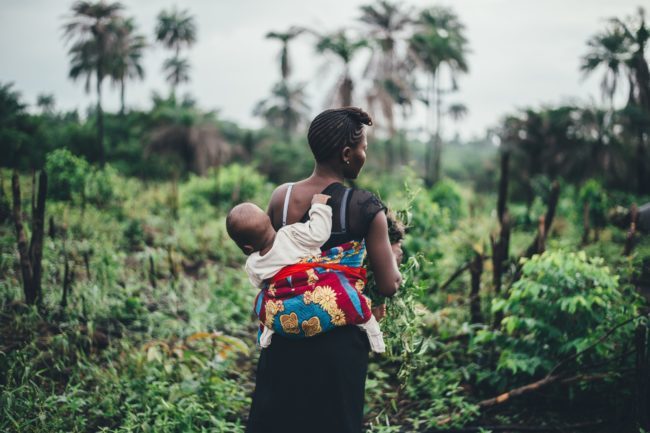
Let’s have live wrapping skills demonstrations. Let’s have how to make your cloth into a wrap to carry children without it having to require fancy things.
And I think if we’re having a black babywearing week, it needs to be populated by black people. So the teachers, the facilitators, the volunteers, the people that come.
It doesn’t mean that white people can’t come in. But they need to come in with the caveat. Don’t take my ancestral knowledge, repackage it and sell it back to your white friends. And back to me and my community.
DANI:
Powerful stuff captured by Mars Lord. Aside from the topic of babywearing inclusivity, during her talk Mars touched upon the fact that she’s a birth doula.
It’s been in the news recently that black women are five times more likely to die of complications throughout pregnancy, during birth and post birth than our white and Asian counterparts.
As well as the shocking treatment that they receive on the wards. Can you just talk to us briefly about that?
MARS:
So black women are five times more likely to die in the perinatal period. The perinatal period is pregnancy , through birth, and up to the first year of the baby’s birthday.
So black women are five times more likely than white women to die in this period. Asian women are twice as likely. And mixed women of mixed ethnicity are slightly higher in rates of dying than Asian women.
So this isn’t a new statistic. This is just something that is recently coming into the news. And yet, the statistic itself was released on the first of November 2018.
There’s a lot of blaming of black bodies…We are too fat, we’re not intelligent enough, we don’t have money, we don’t go to classes, etc, etc.
And then people say it can’t be anything to do with implicit bias because of these preconditions.
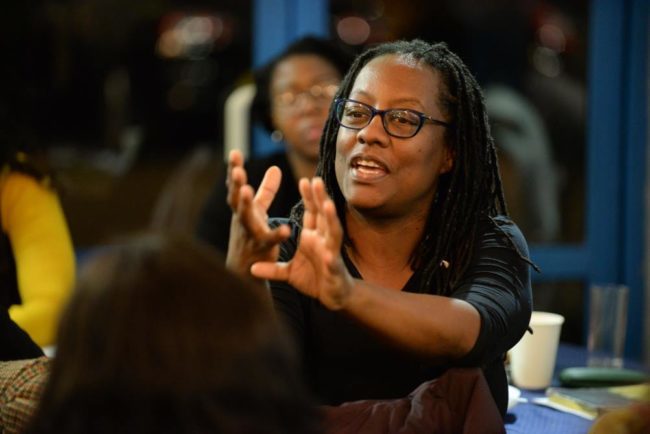
But what we see in the birth world is when they discovered that smoking and drinking caused people to have smaller babies, they threw a lot of money at it and made alot of resources available at how to educate people on these things.
But instead of educating communities, educating our communities, educating the midwives and the doctors about how to deal with diabetes and hypertension (which they know how to deal with, but how to deal with it within the black community), the resources aren’t being made available there.
So implicit bias, is what kills us more than the the preconditions because we know they exist. So you know, it’s time to do something about it.
But when we blame black bodies, for dying in childbirth, we’re saying that white bodies are inherently better. And that speaks to the eugenics movement.
When we talk about the fact that black people have less money, and maybe that’s why they’re dying.
I point them towards Serena Williams, or towards Beyonce. Serena Williams told her doctors that she was suffering breathlessness. Yet they ignored her.
When they finally listened and gave her the CT scan, which she requested, they found that she had three blood clots in her lungs.
So then they gave her the heparin drip that she’d also requested. Because she’s a healthy fit black woman who speaks several languages and has lots of money.
But the reason they didn’t listen to her word, and the reason she would have died are the reasons we are given why we die in childbirth, or lack of education, or lack of money, you know, etc, etc.
And we’re dying because we’re black, but not because our bodies are black, but because of the implicit bias towards us.
DANI:
I was just saying to Mars of the back of her last comment, it’s incredibly shocking when you actually think about it.
You can’t help but get angry, cross and overwhelmed with emotion when you think about it.
I’m going to wrap it up the interview here as I think a lot has been said that needs digesting.
Thank You so much for your time to speak with me Mars. This won’t be the last time.
MARS:
Thank you. Its been a pleasure Danielle *interview concludes*
I’m deeply passionate about carrying and wearing our children, and I do want this invaluable parenting / caregiver tool to be more known within our community.
I personally have been moved to my core by hearing Mars talk last Saturday along with this interview.
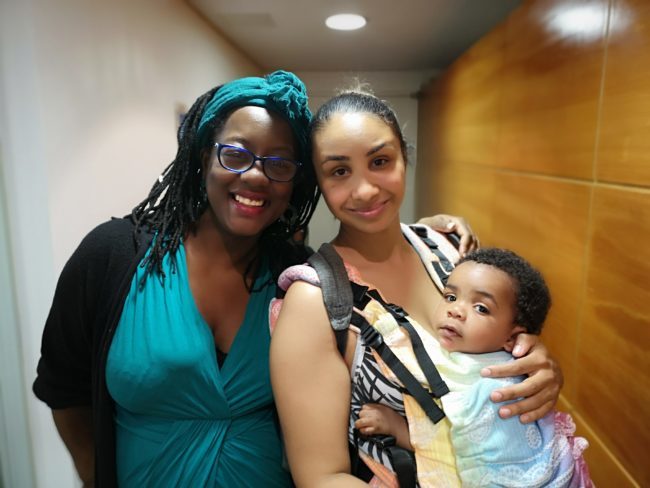
Watch this space as I’m currently working with some awesome ladies (including Mars) to make Black Babywearing Week UK an actual thing.
If you would like to get on board or have ideas on how you can contribute please feel free to email me (button on top right of screen).
Until next time x
Google+


